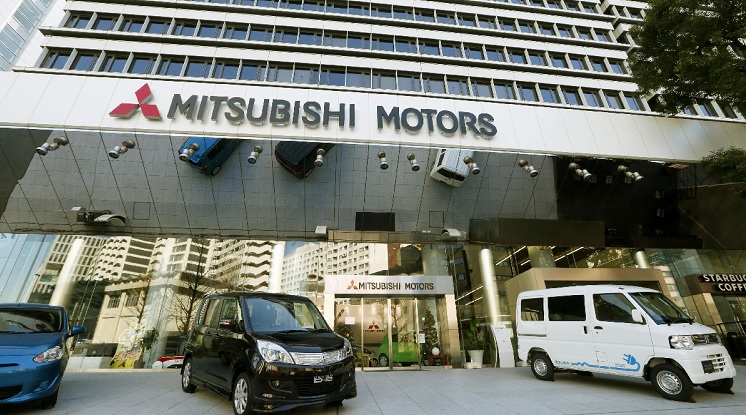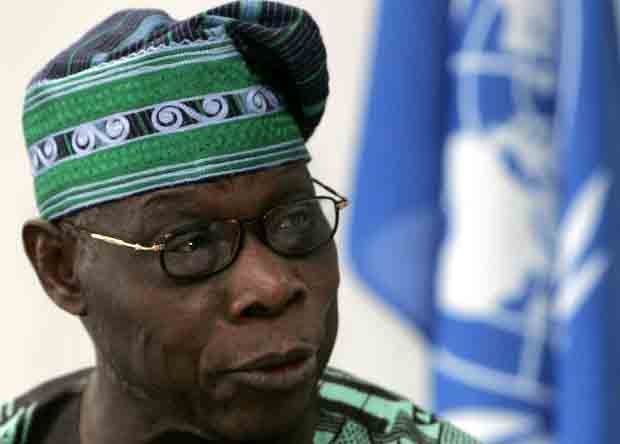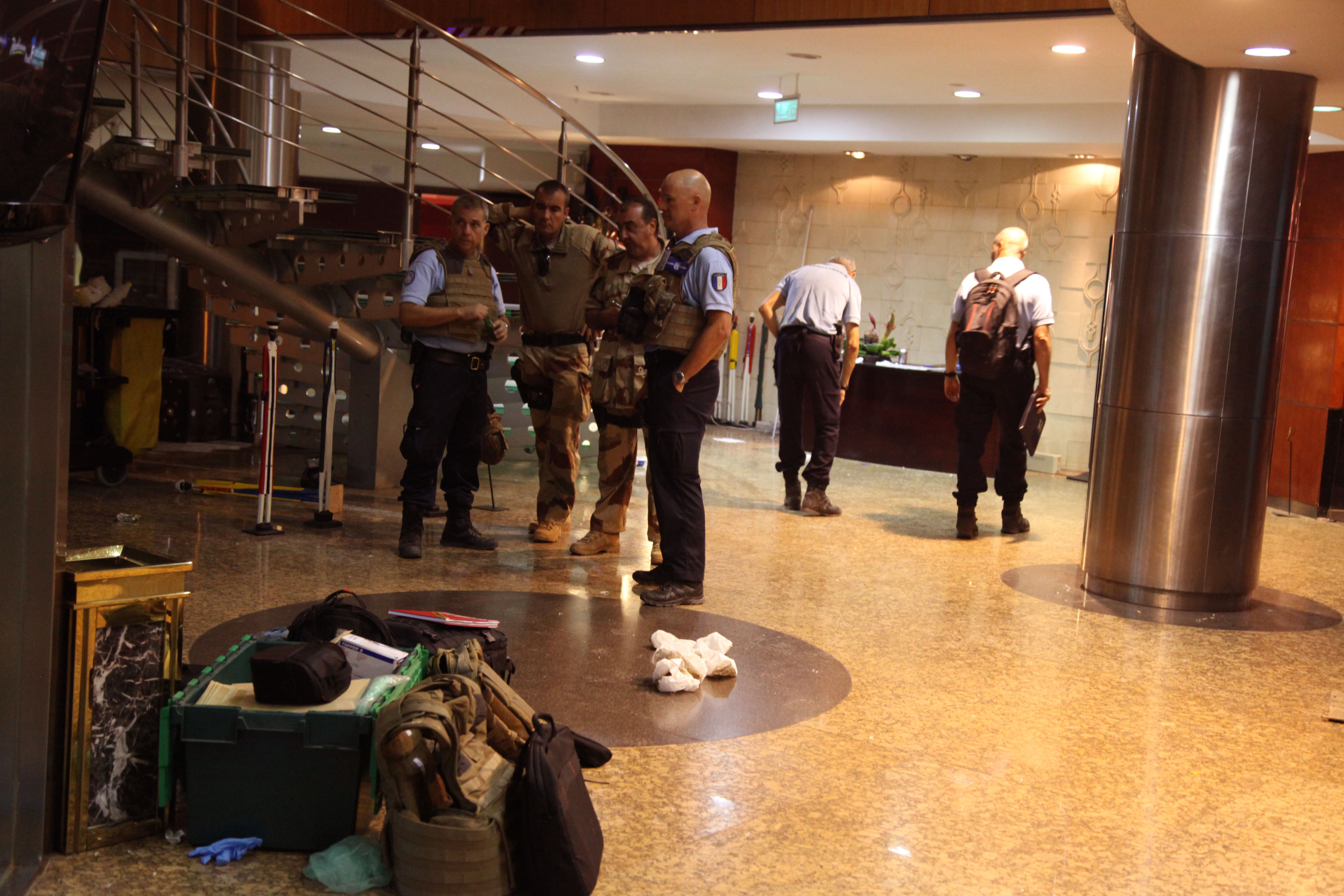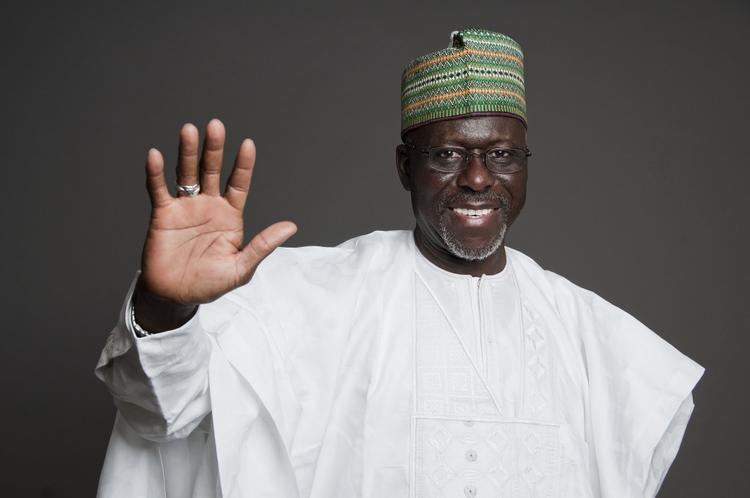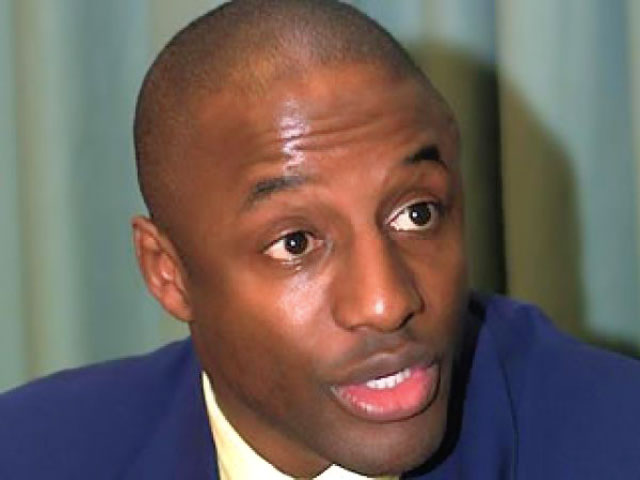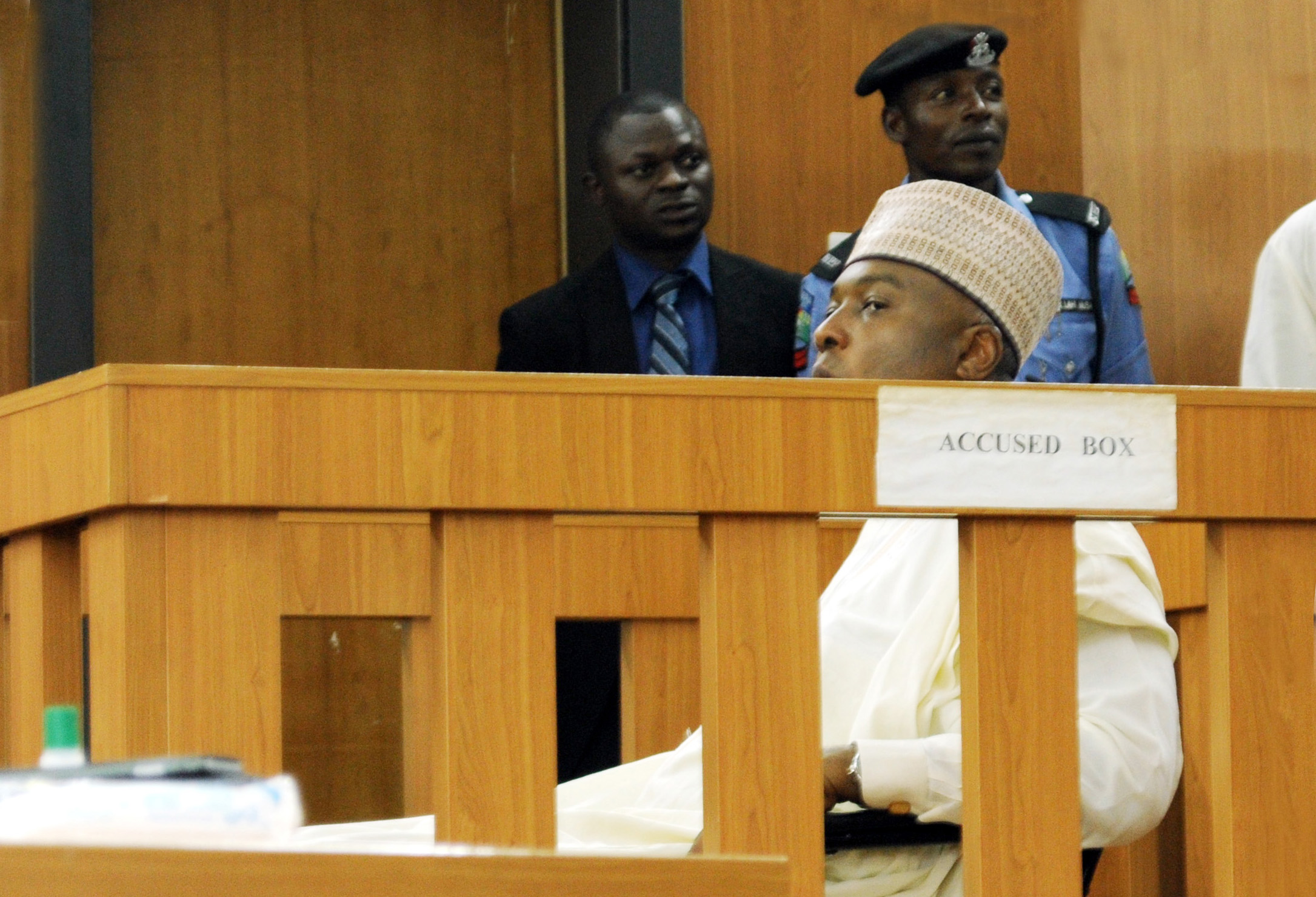A few days after Ford unveiled its first made-in-Nigeria sport utility vehicle (SUV), Mitsubishi Motors Corp says it is expecting to open an assembling plant in Nigeria in 2016.
On Thursday, Peugeot, said during a meeting with President Muhammadu Buhari that it was set to assemble 4,000 cars in Nigeria by 2016.
Less than 24 hours after the meeting, Anand Singh, Mitsubishi’s regional head, revealed that it had started processes to set up an automobile assembly in Nigeria.
“It’s still in negotiation – you can say in the third round out of 10. We have identified the land. Now we are waiting for some clearances from customs, finance ministry… so that’s the status,” he told Reuters.
Advertisement
Volkswagen Automobile Group also reopened its auto assembly factory on the Badagry Expressway, Lagos, in July, after 20 years of suspending operations in Nigeria.
“Today marks the revival of the assembly of Volkswagen vehicles in Nigeria. Volkswagen has returned to Nigeria to continue a long history that began in the 1970s,” it said in July.
A PricewaterhouseCoopers (PwC) report in October revealed that over 30 automobile companies were set to begin assembling in Africa’s largest economy.
Advertisement
The report went on to reveal that Nigeria spends as much as N683 billion (US$3.45b) on annual imports of 100,000 new vehicles and 300,000 used ones, popularly regarded as Tokunbo.
It added that the influx of these automobile companies would move the industry from just employing 2,600 workers, to creating as much as 70,000 direct jobs and 210,000 indirect ones.
Andrew Nevin, a partner with PwC Nigeria and co-author of the automotive report, said a full implementation of the National Automotive Industry Development Plan (NAIDP) can lead Nigeria to complete car production by 2019, phasing out importation of used cars by 2034.
Advertisement
Add a comment

